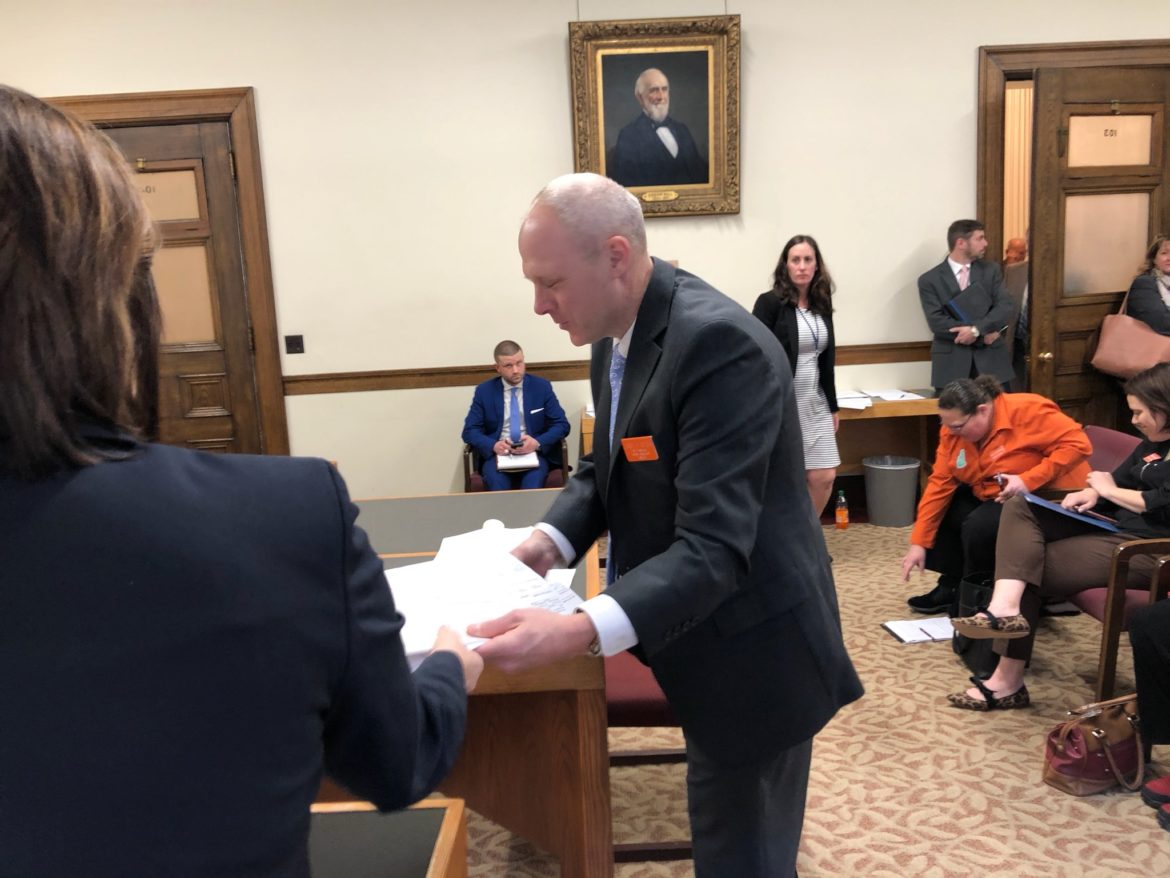By Jasen A. Stock
Although a small state geographically, when it comes to timberland and forest products, New Hampshire is big. With 82 percent of the state covered with trees, we are the second most forested state, next to Maine. In addition to supporting a robust forest products industry (forest management, logging, sawmilling, paper making, and biomass power) which generates $1.4 billion in annual economic activity, timberland and forest products also supports outdoor recreation, which adds another $3.0 billion annually to the state’s economy. But timberland is the root of all this economic activity. Moreover, the ability to manage these lands through timber markets (sawlogs, pulp wood and biomass) is what makes this timberland/forest industry/outdoor recreation formula work.
Managing timberland is like gardening; the weak, diseased, and poor-quality trees need to be removed “weeded” to make room for healthy trees to grow. For decades land managers (i.e., loggers and foresters) could cost-effectively remove these trees by delivering them to pulp and paper mills in northern New Hampshire, western Maine, eastern New York, and a half dozen renewable biomass power plants across the state, including Burgess BioPower in Berlin. With the loss and contraction of these markets, and now the possible loss of Burgess BioPower looming, the ability to cost effectively do quality forest management and utilize some of the wood waste generated from sawmilling (i.e., chipped slabs) is increasingly difficult.
Loss of these markets coupled with the increased cost of fuel, labor, and supplies has put unprecedented pressure on the economics of forestry and timber harvesting. As legislators you often ask, “What can we do to help?” As you vote on veto day, if you wish to support forestry in New Hampshire, then vote to override the veto on House Bill 142. This will help maintain the state’s largest market for low-grade timber (weeds of the forest). As House Bill 142 requires a new contract for Burgess BioPower, the Public Utilities Commission can use this as an opportunity to approve a path forward for this important facility that is agreeable to the state’s policymakers and ratepayers.
Thank you,
Jasen A. Stock
Executive Director
New Hampshire Timberland Owners Association






